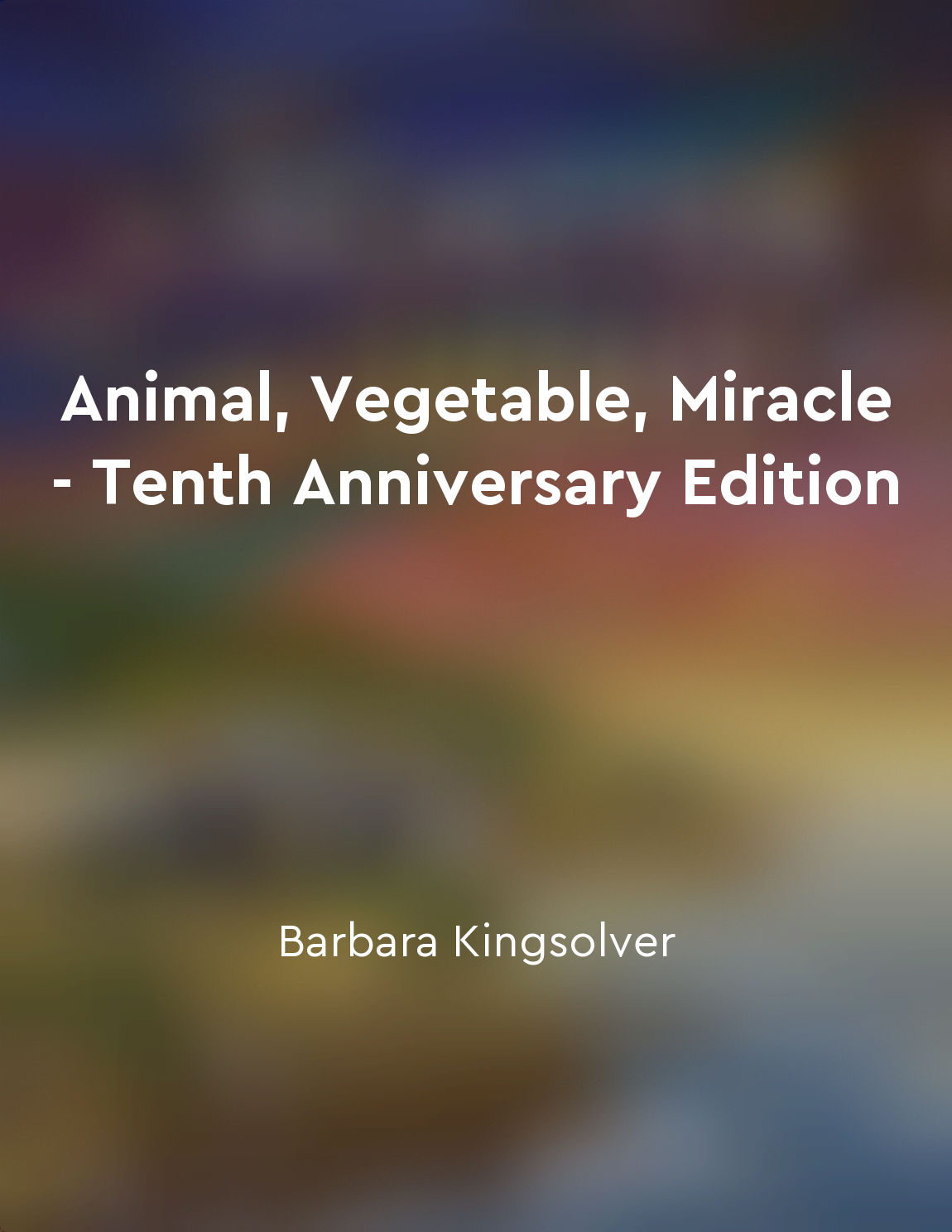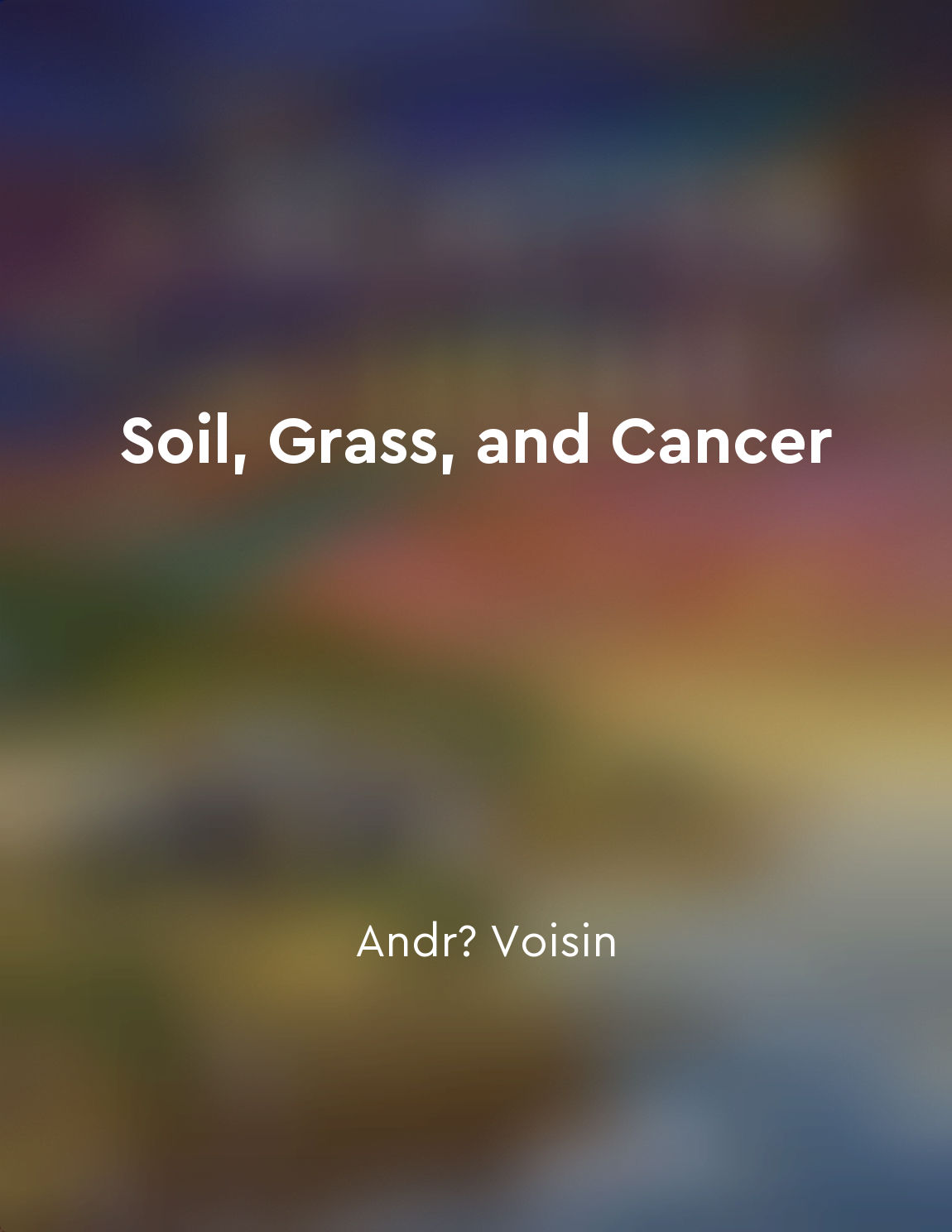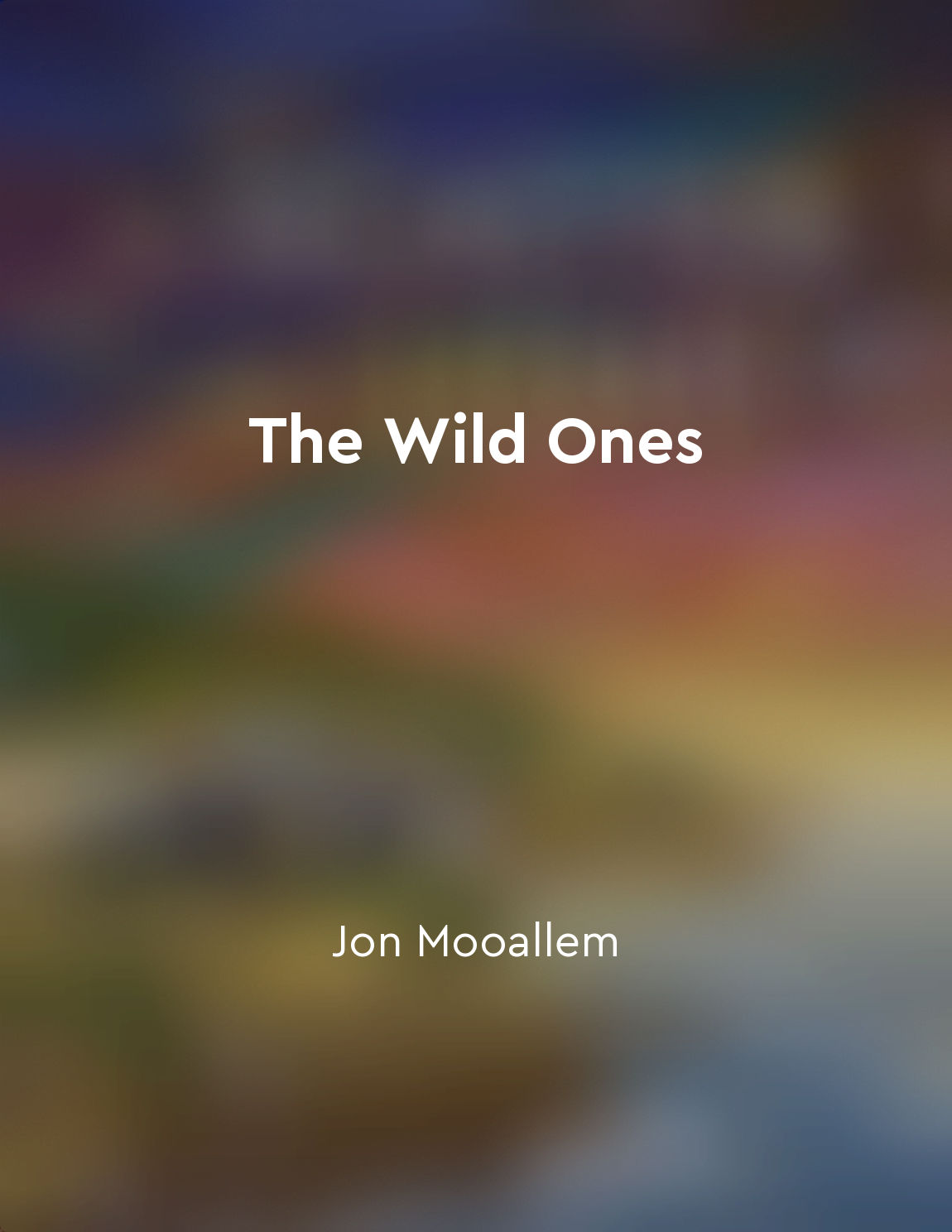Audio available in app
Humans have domesticated plants and animals for their benefit from "summary" of Sapiens by Yuval Noah Harari
The story of humans is intertwined with that of plants and animals. Over thousands of years, humans have shaped the plants and animals around them to suit their needs and desires. This process, known as domestication, has allowed humans to exert control over the natural world in ways that no other species can match. Domestication began around 10,000 years ago, when humans transitioned from a nomadic hunter-gatherer lifestyle to a settled agricultural one. This shift marked the beginning of a new era in which humans no longer relied solely on what nature provided. Instead, they began to cultivate certain plants and animals, breeding them for specific traits that would benefit humans. Plants were among the first to be domesticated. Wheat, barley, and rice were some of the earliest crops to be cultivated by humans. By selectively breeding these plants, humans were able to increase yields and ensure a more reliable food supply. This allowed human populations to grow and thrive in ways that would have been impossible in a hunter-gatherer society. Animals were also domesticated for various purposes. For example, cows were bred for their milk and meat, while horses were domesticated for transportation and labor. Dogs, meanwhile, were domesticated for co...Similar Posts
Empowering local communities
The concept of empowering local communities is a foundational principle in the movement towards a more sustainable and equitabl...
Brain controls body functions
The brain is a wondrous thing. It is the command center of our bodies, controlling everything we do without us even having to t...

Eating locally reduces transportation emissions
When we choose to eat food that is grown and produced close to home, we are making a significant impact on reducing transportat...

Sleep and stress affect eating habits
When it comes to our eating habits, sleep and stress play a crucial role. Lack of sleep can disrupt the hormone balance in our ...
Trust your instincts as a mother and caregiver
As a mother, you possess a deep intuition that guides you in caring for your child. This innate wisdom has been passed down thr...
Be wary of marketing messages
Marketing messages are all around us, bombarding us from every possible angle. They infiltrate our screens, our streets, and ev...

Soil stability is crucial for nutrient retention
Soil stability is crucial for nutrient retention. When soil is unstable, nutrients can easily be washed away by rainfall or irr...

Marriage is a social institution
Marriage is not a natural state of being. It is not something that arises spontaneously as a result of human biology or evoluti...

Animals adapt to changing environments
In the natural world, animals have a remarkable ability to navigate the challenges presented by a constantly changing environme...

